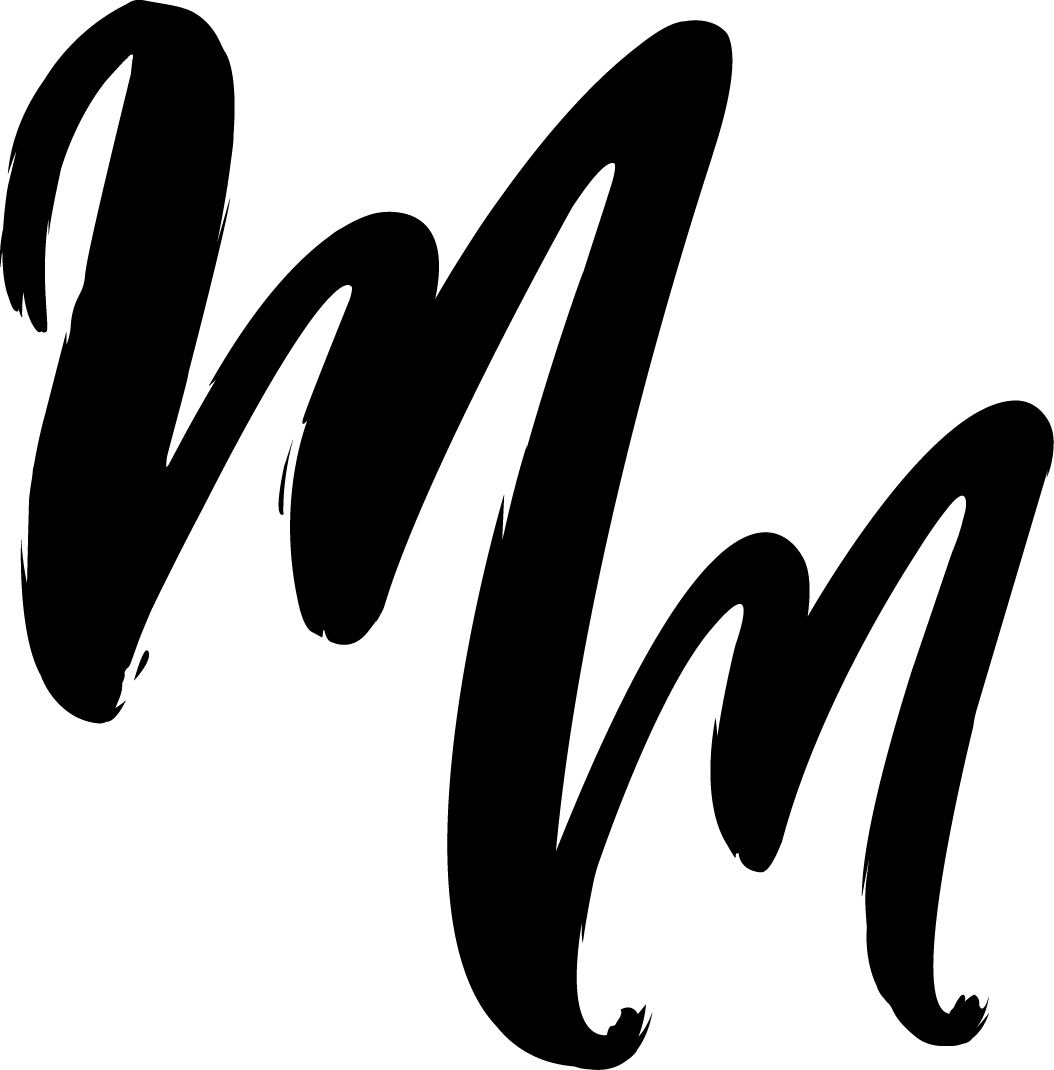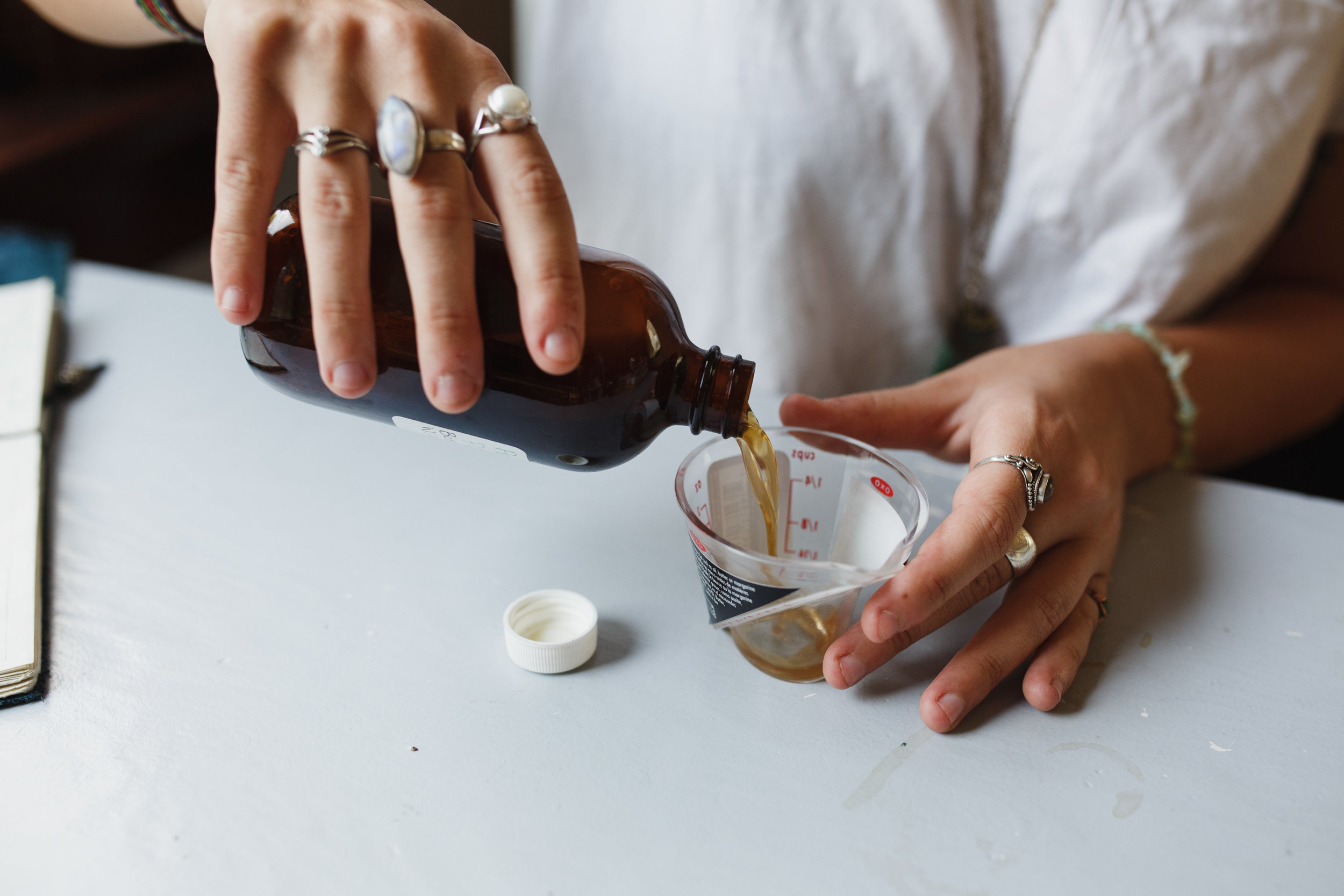Herbal Medicine for Beginners: Tinctures and how to take your remedies
Since starting my practice and getting into the community more, I've been able to speak to so many people about herbal medicine and my passion as a practitioner. By far the most frequently asked question is "What's a tincture anyways?" Although people are used to seeing the amber glass bottles in movies filled with Unicorn's Blood, herbalist's apothecaries aren't quite that eccentric (although I love the familiarity)!
There are so many ways to consume your herbs. The most popular and well known are of course teas! Most people have had a cup of mint or chamomile tea growing up. Maybe your grandmother made you a pot when you had an upset stomach or a headache. Tea's are a lovely way to consume your medicine, as it can be a relaxing activity for self care while getting hydrated.
The downside to tea is that patient compliance can vary. Some herbs that are strongly medicinal can have an off-putting taste. Some can be extremely bitter, while others are astringent, and because of this I often don't prescribe these herbs in tea form.
Tinctures are my go to method of consumption for herbs. Kind of like how herbs are extracted in water to make tea, tinctures are herbs extracted in alcohol. This is beneficial as some constituents are better extracted in alcohol than in water or oil. Tinctures are more concentrated than teas, and a typical dose is anywhere between a few drops a day to 15ml a day. That's a very minimal amount of liquid, and it can be taken straight, or mixed with juice or water. If you are someone who has an aversion to alcohol or finds the taste too strong - pouring a touch of hot water on the tincture will burn off the alcohol while retaining the plant extract. There are also herbal glycerites - these are herbs extracted through glycerin, and are often used when alcohol can not be, in the case of children and pets.
In my practice, I also make capsules galore. I find because most people are used to taking vitamins or supplements - adding herbs in capsules can easily find a place in their daily life. I like this method a lot as well.
Herbs can also be extracted in oils to be made into creams and salves for topical application. I love adding herbs into my food on the daily - it's an easy and delicious way to absorb all the benefits of the plants. Adding powdered plants into oatmeal and smoothies as well as dried spices into stir fry is simple and effective. There are a million ways to get super creative with plants and get them into your everyday life.



